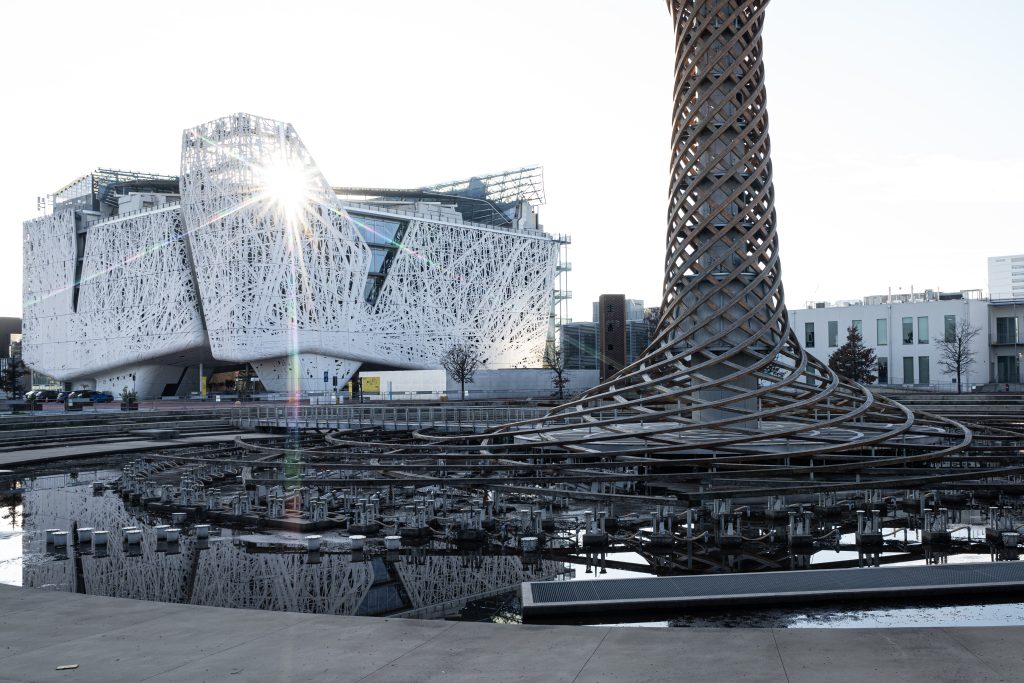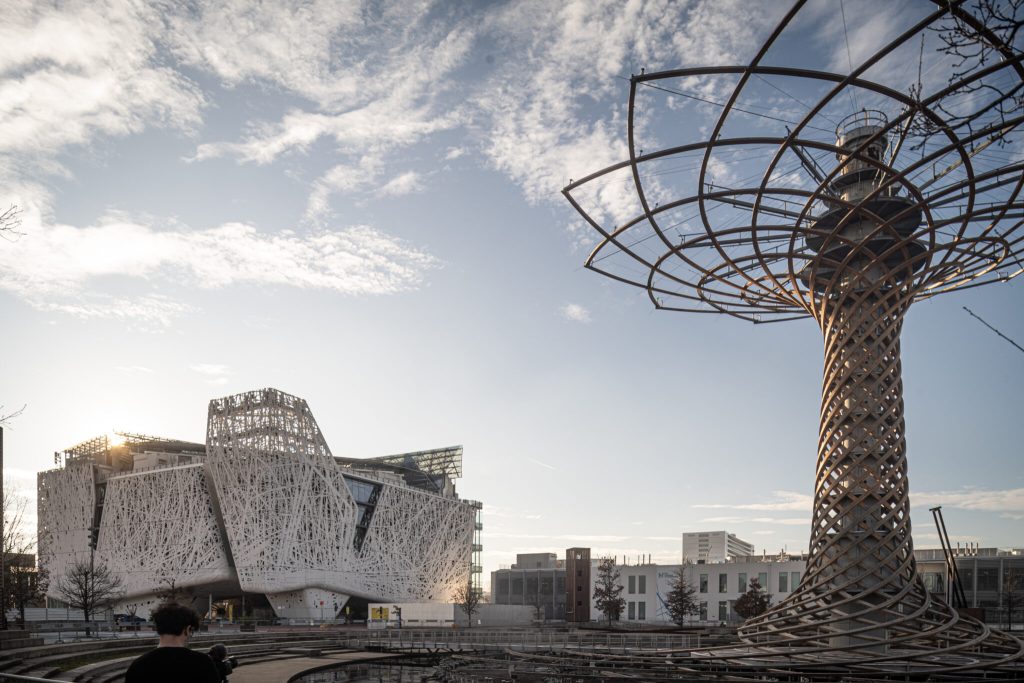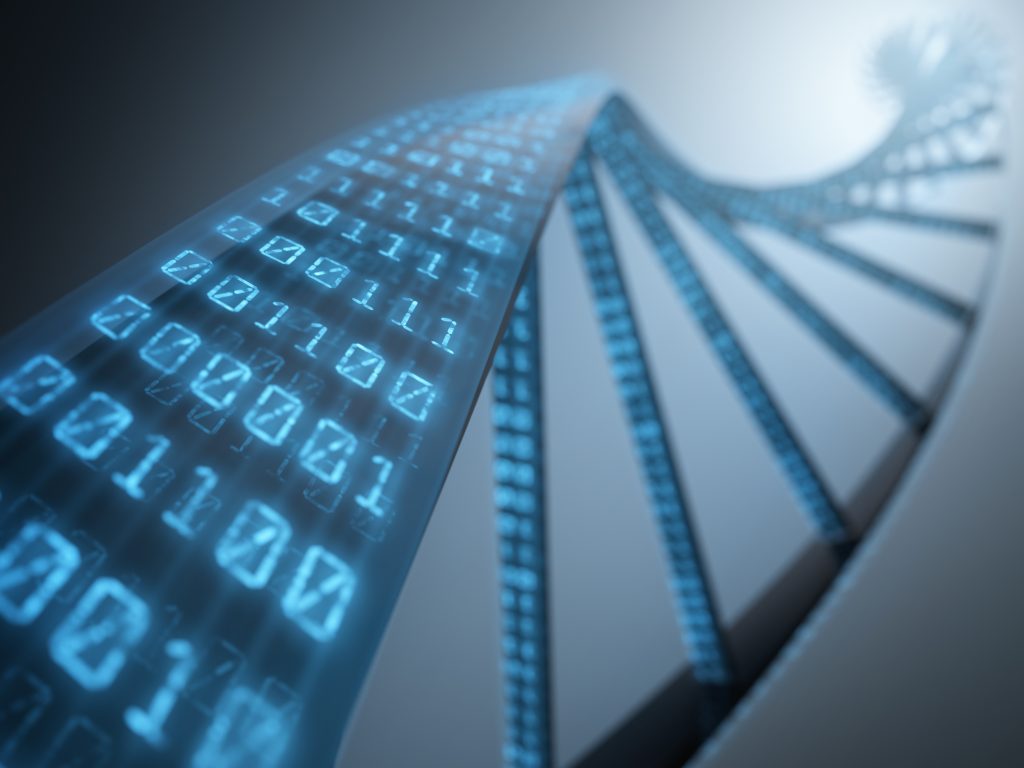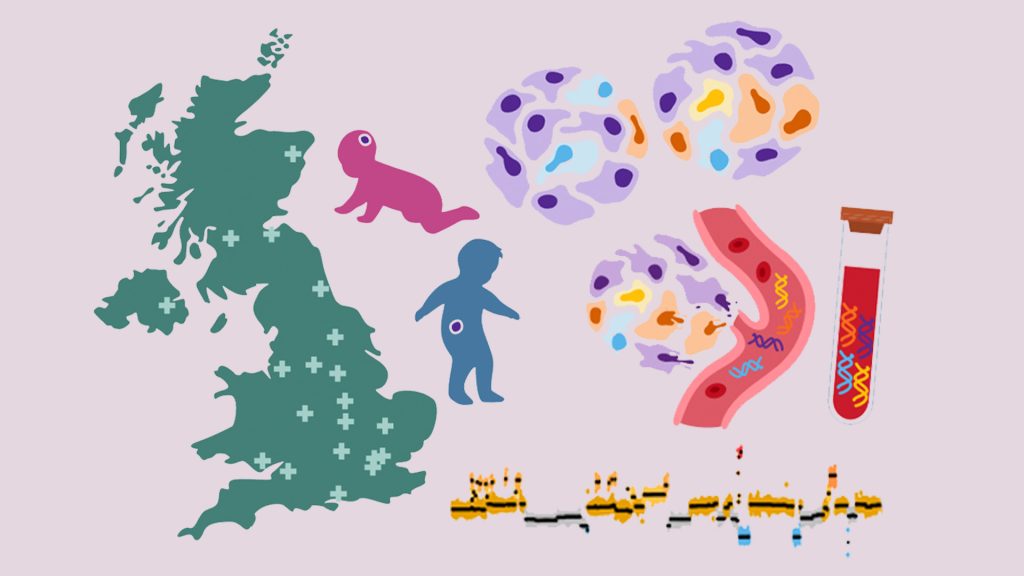Seven scientists selected to lead first research centres

Human Technopole welcomes the first members of its scientific leadership: the selected scientists will lead on the development of the first research centres (genomics, computational biology, neuro-genomics and structural biology) at the heart of Italy’s new institute for Life Sciences.
This is an important step forward in the recruitment of scientific staff that has been on-going for the past few months and which is due to progressively intensify in the coming year.
The scientists – five Italians, one Croatian and one Austrian – were selected through an international call led by Human Technopole’s Management Committee and other independent expert panels. Starting from today, Human Technopole can count on the expertise and skills of these high-profile scientists who have built their careers in some of the world’s most prestigious research institutes. For many of them, Human Technopole will represent the first time working with an Italian institute.
- Piero Carninci, geneticist, Team Leader for the Laboratory for Transcriptome Technology and Deputy Centre Director at the RIKEN Centre for Integrative Medical Sciences in Yokohama (Japan). Piero is responsible for the creation and development of various new technologies for DNA and RNA sequencing and analysis. He has also been involved in and/or led many large-scale national and international initiatives, such as FANTOM, ENCODE and, more recently, the Human Cell Atlas. He has been living in Japan for the past 20 years and will be bringing his expert advice to help build and develop the Centre for Genomics;
- Alessandro Vannini, biochemist, will head the Centre for Structural Biology after almost 8 years in the UK as a Principal Investigator and Deputy Head of Division at the Institute of Cancer Research in London. Alessandro is already operational in Milan in the Palazzo Italia offices working to develop the Centre for Structural Biology. His laboratory will focus on the molecular mechanisms impacting on cancer and congenital neurodegenerative diseases;
- Giuseppe Testa, MD, PHD, MA, professor of Molecular Biology at Milan’s Università Statale and Director of the Epigenetic Laboratory of Stem Cells at the European Institute of Oncology, will develop and head the Centre for Neuro-genomics, within which his lab will study the mechanisms of intellectual disability and autism;
- Francesco Iorio, computer scientist, currently at the Wellcome Sanger Institute and since 2010 at the Wellcome Genome Campus in Cambridge (UK), will collaborate with the Centre for Computational Biology mainly working on analytical methods for pharmacogenomics, therapeutic target discovery and drug repositioning. His work will focus on cancer, rare diseases, and neurodegenerative disorders such as Alzheimer’s and Parkinson’s disease. In the coming months, Francesco will begin establishing his team and research activity, dividing his time between Milan and Cambridge;
- Gaia Pigino, biologist, currently at the Max Planck Institute of Molecular Cell Biology and Genetics in Dresden (Germany), will collaborate with Alessandro Vannini to help develop the Centre for Structural Biology. Gaia studies molecular machineries and principles of self-organization in cilia and other subcellular structures that are of fundamental importance for human health and disease;
- Nereo Kalebic, molecular biologist, researcher at the Max Planck Institute of Molecular Cell Biology and Genetics in Dresden (Germany), will collaborate with the Centre for Neuro-genomics, focusing on the molecular mechanisms underlying brain development and evolution with an interest in the biological processes involved in neurodevelopmental disorders;
- Florian Jug, computer scientist, since 2012 at the Centre for Systems Biology and the Max-Planck Institute for Molecular Cell Biology and Genetics in Dresden (Germany), will collaborate with the Centre for Computational Biology. Florian is an expert image analyst and has made significant contributions to improving the image quality of light and electron microscopy data via machine learning.
Human Technopole director Iain Mattaj emphasised: "This is an important step forward in the development of Human Technopole, which can now count on the expertise of scientists of the highest level, selected through an international competition, on the basis of CVs and interview. More than 150 profiles were evaluated by three separate panels of international experts. These are scientists operating in a range of areas: from biology to computer science, genomics and neuroscience. Their activity with HT will start immediately and continue to grow, alongside the development of our facilities. We expect to be announcing a limited number of additional recruits shortly."
Three of the scientists – Alessandro Vannini, Giuseppe Testa and Francesco Iorio – will work together with the first Human Technopole PhD students, two of them selected in collaboration with SEMM, the European School of Molecular Medicine.
Other scientists will continue to work at their current facilities for the coming months, devoting part of their time to Human Technopole, as scientific advisors. Their activity will intensify in parallel to the development of Human Technopole laboratories.
Palazzo Italia, the institutional headquarters of Human Technopole has been renovated and is now ready to host administrative offices and computational laboratories. Meanwhile, Human Technopole’s first wet labs will be ready in autumn of 2020.




